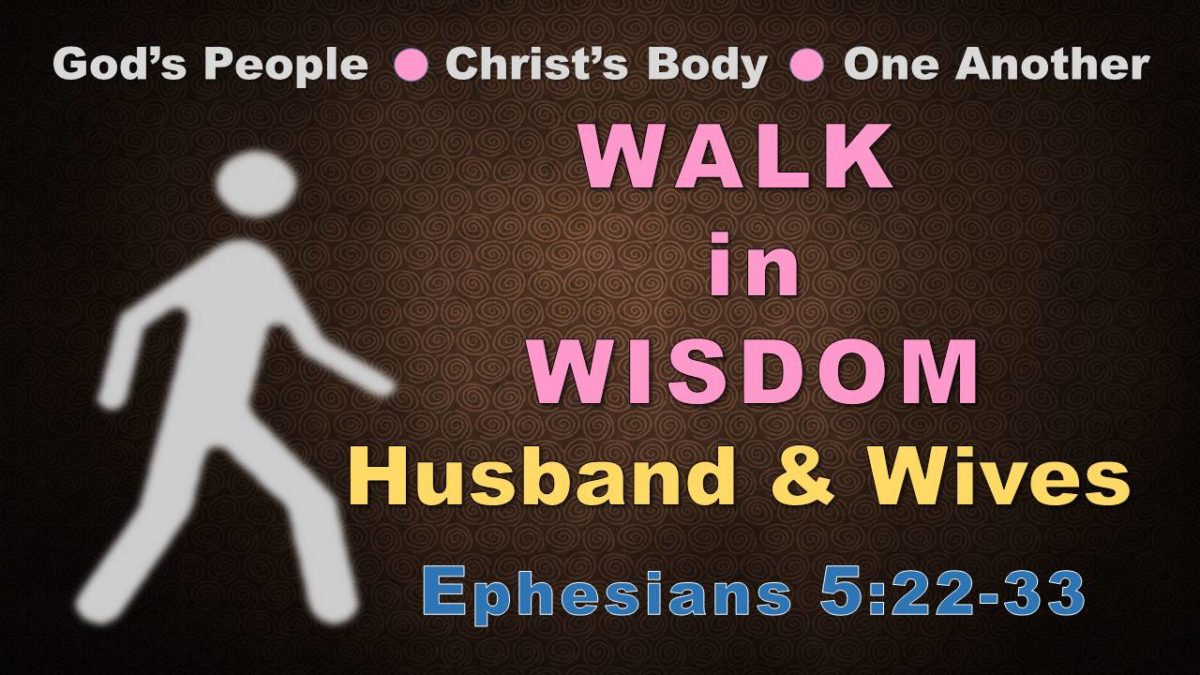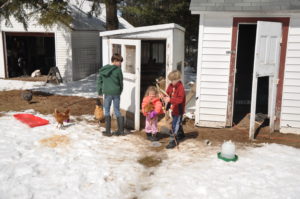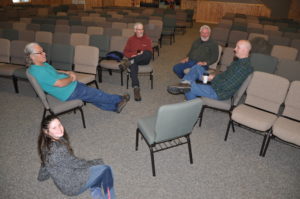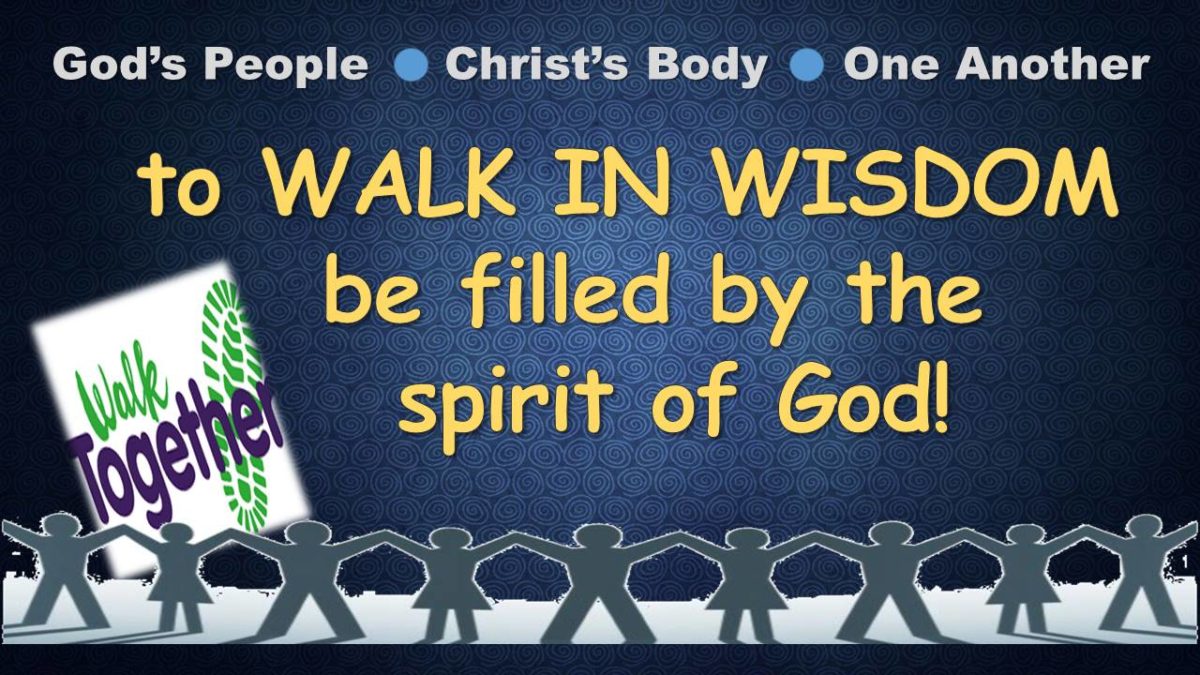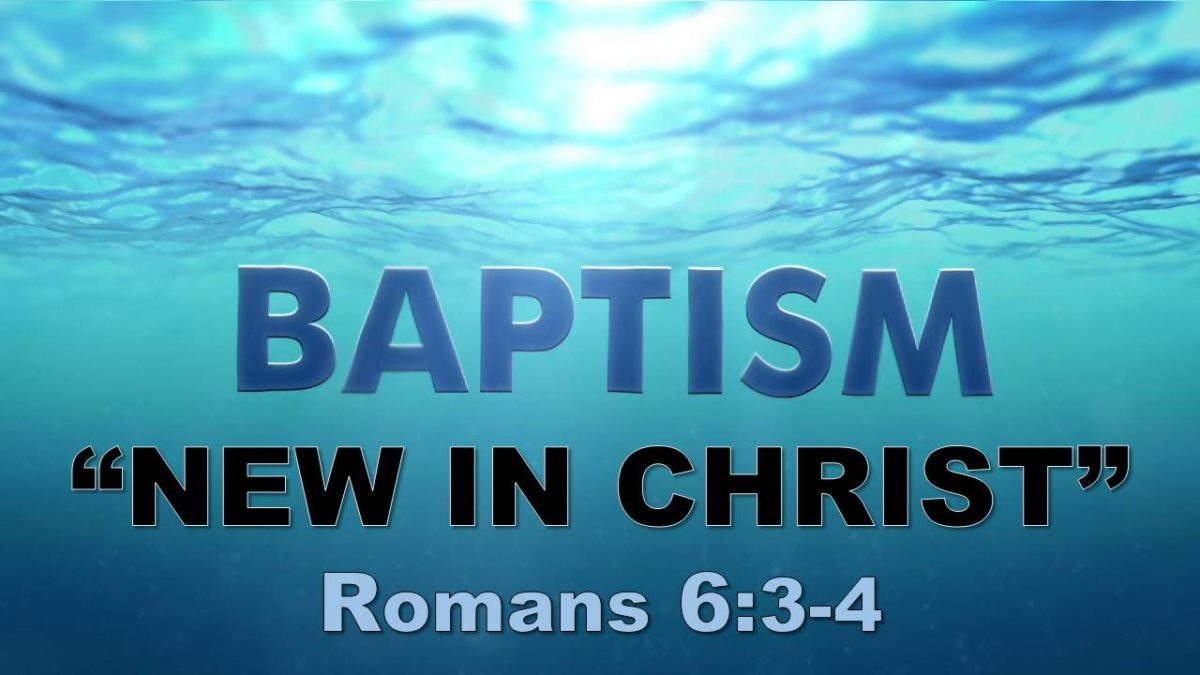“Fightin’ words.” That’s what she called them.
I liked this couple. They’d asked me to do their premarital counseling, and I found them dynamic, engaging and intelligent. In our sessions we’d started out looking at the marriage formula of Genesis 2.24: Therefore a man shall leave his father and his mother and hold fast to his wife, and they shall become one flesh (ESV). Two individuals, free and strong to love each other, joined into one new entity by marriage. Yeah!
But then we came to Ephesians 5.22-33, especially that corker of a first line: Wives, submit to your own husbands, as to the Lord. The look she shot me was unmistakable. “Those are fightin’ words for you, aren’t they?” I said. “Yeah, those are ‘fightin’ words,” she said, with conviction.
I know where she was coming from, and I don’t hold it against her. Since the social revolution of the 1960s our culture has largely held gender roles within marriage (and the lines of authority that go with them) to be self-chosen. Within my adulthood, gender itself has come to be regarded as self-chosen as well. All this brings us to the post-Obergefell era where self-chosen gender is (officially, according to the Supreme Court) who we are and not how we are.
All of this makes Ephesians 5.22-33 look just terribly antique, kind of like a pre-“talkie” black-and-white movie. (“I suppose they did it that way once.”) But, it also cuts against the basic teaching that we are (all of us!) image-bearers of God, created male and female (emphasis added, Gen 1.27-28).
But, positively (and in a much bigger way than the spirit of our times), God, in designed the human family, was making a picture about how the fellowship of the Godhead works (Father, Son and Spirit) and about how Christ would redeem creation.
So … wives, submit to your own husbands in the same way you submit to Christ (:22-24). Really important to catch here is what this verse is NOT talking about. Catch that word “own”? Women are not being asked to submit to somebody else’s husband. The teaching is not, strictly, about the relationship between men and women, or about the workplace, the military, government, or any other place where we serve together, including the church. It’s about marriage. And God has designed the marriage relationship to reflect the work of the Godhead who serves the church.
Behind all this is the spiritual reality that gives the reason: For the husband is the head of the wife even as Christ is the head of the church, his body, and is himself its Savior (:23). Of course, the husband isn’t Christ, and he isn’t perfect, and he isn’t the wife’s savior, but he is what the Bible calls the “head”. And here the lights go out for most of us.
The reason for our confusion might be that we often mistake headship and submission for competency, or for superiority and inferiority. That isn’t the right picture, and it shouldn’t be a hindrance for us (see Galatians 3.28). The more serious problem we have, though, is that we’re also confused because we don’t understand Jesus’ role within the Godhead!
Consider these words by Jesus in Jn 12.49 (along with Lk 22.42; Jn 1.1; 1 Cor 11.3 and 15.28): For I have not spoken on my own authority, but the Father who sent me has himself given me a commandment—what to say and what to speak.
The point is that everybody (except God the Father) is under authority and responsible to respond to somebody. God has organized the family to reflect the authority within the Godhead. Wives are to follow Christ in submission even as the wider church does.
But, there’s more … husbands love your wives as Christ loves the church (:25-33). Love your wives like Jesus loves us, husbands are told. Husbands, love your wives as Christ loved the church and gave himself up for her (:25).
There’s spiritual reality behind this as well. And what follows is a mysterious (see verse 32) description of Christ’s work in redemption, even as He is submissive to the Father. In the past, Jesus set apart at the cross those who would one day trust in Him. This is the grounds of our salvation where we were made clean, being washed with water (a metaphor for salvation) and with the word (think: the Gospel; also, Hebrews 10.22; John 17.17). In the future, Jesus will present the church to himself in splendor at His return. In the meantime, Jesus is making the church holy and without blemish.
Do you see where the church is now in the plan of redemption? Having been claimed by Christ at the cross, we’re being made beautiful in preparation for the bridegroom. And that, husbands, is our clue to how we’re to be loving our wives!
Are we helping our wives grow beautiful in their love of the Savior? Are we loving them with their best interest in mind, so that they increasingly desire the role God has crafted for them?
Verses 28-32 is an application section taking us right back to the marriage formula of Genesis 2.24. Love your own wives as you love yourself. In doing so, you benefit, because you are (mysteriously again) one of the individuals who form one entity in marriage (Genesis 2.24). And so, we’re back to where we started … two individuals, one new entity, making a picture of Christ and His church.
Verse 33 sums up Christian marriage (what other kind is there, actually?): However, let each one of you love his wife as himself, and let the wife see that she respects her husband.
Practically, that about gets it, right? We men are simple. Food, intimacy, respect. That’s about what does it for us. Not easy for our wives, I’m sure, but simple. Our wives aren’t so easily explained, but what wife among us would not relish a two-step led by truly sacrificial love?
That beautiful dance between a husband and wife reflects both the truth of Christ’s love for His people and Christ’s peoples’ response to Him that can only be lived out by the power of the Spirit. Without the Spirit, they’re “fightin’ words”. With Him, it’s a walk in wisdom by the Spirit of God.
To walk in wisdom, husbands and wives, love and respect one another out of reverence for Christ.
For those who are married, how does the picture of Christ and the church help explain some of your successes and failures in marriage? That’s a serious thinker, isn’t it? Maybe, it’s best saved for private discussion between husbands and wives.
More publicly, and including those not married, how does the broader picture of redemption help us make peace with the Bible’s concept of submission and authority we see in this passage?

